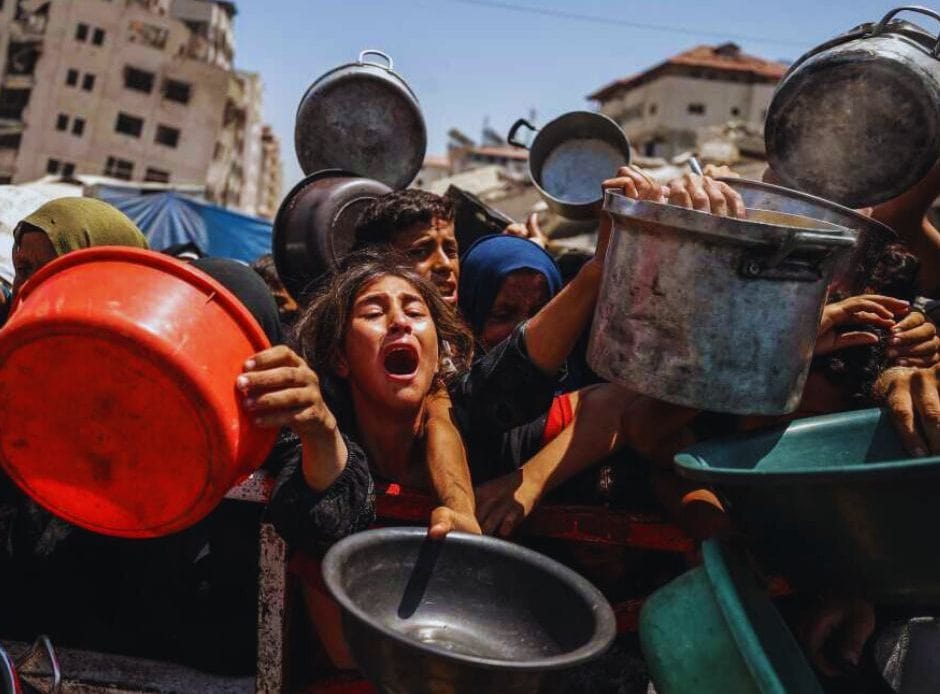
Femena stands in solidarity with Palestinian women in Gaza, the West Bank, and ’48 Palestine who are enduring devastating violence and appalling, inhumane conditions as a result of Israel’s brutal military aggression, its politics of occupation and apartheid, and its overall policies of discrimination and marginalization.
In the Gaza Strip, the current situation can only be described as catastrophic. In addition to relentless bombing, which has virtually destroyed the entire infrastructure of the Gaza Strip and killed over 68,000 people (by conservative estimates), Israel’s total siege, which started on 2 March 2025 effectively blocked all food, medicine, fuel, and aid from entering, has pushed over 85% of Gaza’s population into IPC Phase 5 famine, according to numerous reports. This famine is not incidental; it is a deliberate result of Israel’s weaponization of food and its use of starvation as an instrument of war. The siege is not only strangling civilians but also targeting aid delivery and punishing acts of solidarity with the Palestinian people.
In the West Bank, Palestinians continue to face systematic violence, as a result of Israeli occupation and apartheid policies. There have been numerous raids and incursions into the West Bank, resulting in thousands of arrests, while Israel continues a policy of house demolition and land confiscation as it moves to annex more territories, collectively punishing and displacing Palestinians as it does so. In addition to the Israeli army, Palestinians are targets of violence by settlers, whose attacks on Palestinians continue unabated and unpunished.
All across Palestine, women bear the brunt of this brutality. Yet, they continue to resist with courage and clarity.
In this dispatch, Femena centers the voices of Palestinian women and women human rights defenders—those surviving in Gaza under siege and bombardment, those in the West Bank living under Israeli military occupation, and those Palestinians within the 1948 borders, where repression, marginalization and discrimination persist. These testimonies are raw, direct, and grounded in lived experience. The voices here are those of a few women, but their experiences are typical of countless other women enduring the same reality. These voices should be multiplied by the thousands, and even then they only give a glimpse of the cruelty they undergo. They speak of unbearable grief, unrelenting resilience, and an urgent call to action from the world.


